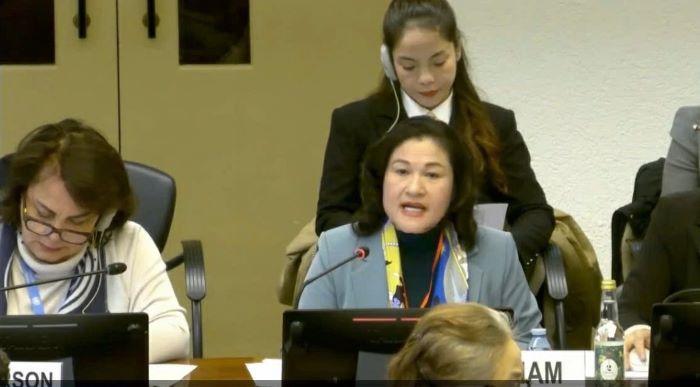Vietnamese women: empowerment tops ASEAN countries

The gender gap remarkably narrowing…
Today, more and more women are actively participating in social activities both in urban and rural areas. Specifically, they have shined brightly in even many fields commonly regarded as the man’s arena such as business, scientific research and social management. In some areas, women even show more overwhelming power than men. The image of contemporary Vietnamese women with creativeness, dynamism, success has become popular in
According to Prof. Le Thi Quy, Director of the Gender and Development Research Centre under the
The legitimate rights of women and children are ensured more than ever before with more complete legal documents including laws, conventions and national action plans, among which the laws on “gender equity“ mark a turning-point in the empowerment of women.
Mass media also highlights the continued success of women in every field and honours their great importance in modern society, helping to do away with outdated perceptions about traditional women’s duties. Many projects on reproductive health care, children protection, and family income improvement jointly conducted by various mass organisations, state agencies and non-governmental organisations have created favorable conditions for women to become involved.
More understanding and sharing needed…
Despite the progress, there remain outdated beliefs about women’s roles, traditionally passed down from generation to generation. Men are commonly seen as the strong bodies, bread-winners in the family and key leaders in society, while women are restricted to being housewives and child bearing and care, and housework such as washing and cooking.
According to social surveys, many women in the 21st century still have to work over 12 hours a day including working in offices and doing countless household chores without any help from their husbands. In some regions, the labour of women is not recognised despite the hardships they endure to support the whole family. Moreover, women are the direct victims of family violence, especially in rural areas.
Mass media has shown its power to honour women but remains insufficient. According to a survey by Ms. Nghiem Tuyet Minh, lecturer at the Department of Sociology under the Academy of Journalism and Propaganda, women featured on TV shows, in magazines and advertisements are restricted only to cultural and medical events, cooking, make-up, fashion and social evils, and there are very few images of men sharing in housework and child care. Seldom do men take part in exchange programmes on family planning, reproductive health care and HIV/AIDS campaigns.
Therefore, education to raise awareness of gender equity should receive more consideration so that men are encouraged to understand and share their wives’ burdens while women are trying their best to assert their positions in an active way. That is the ultimate goal of the project titled “Encourage men’s understanding and sharing for real gender equity” conducted by the HealthBridge Foundation, Canada in Bac Ninh province from October 2004 to September 2007.







